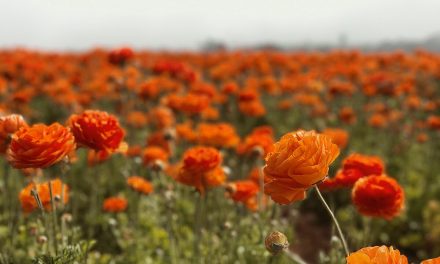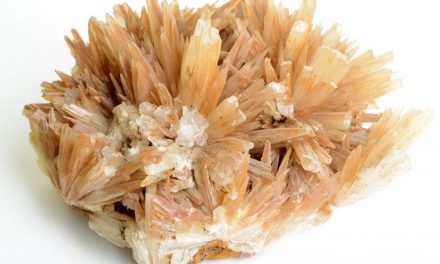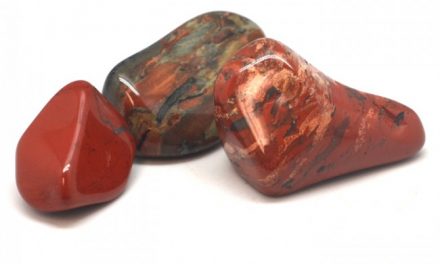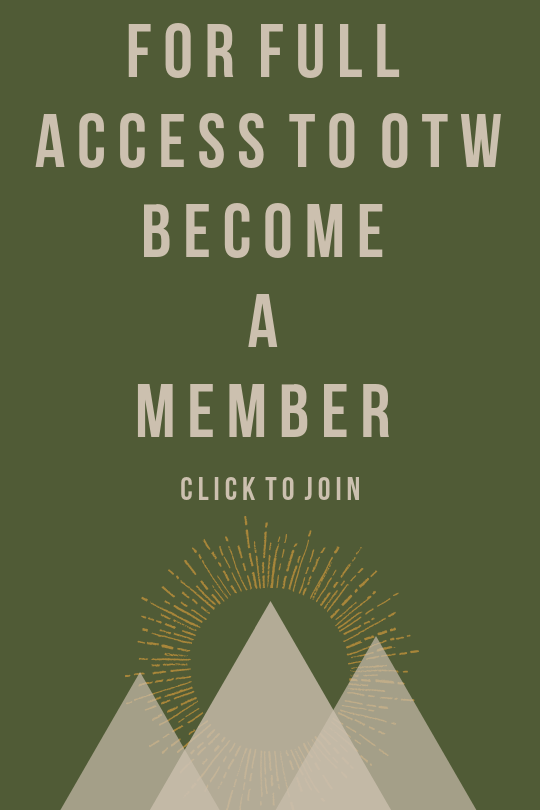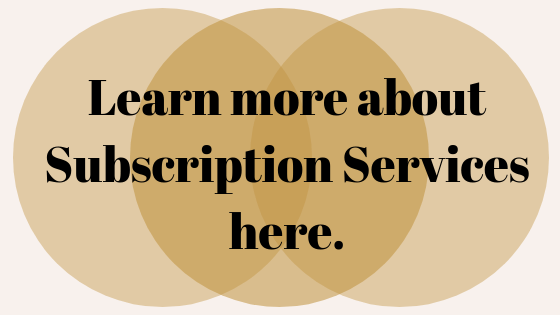Get Curious – How Deep Inquiry Can Lead to Greater Joy, Relationships and Mental Health
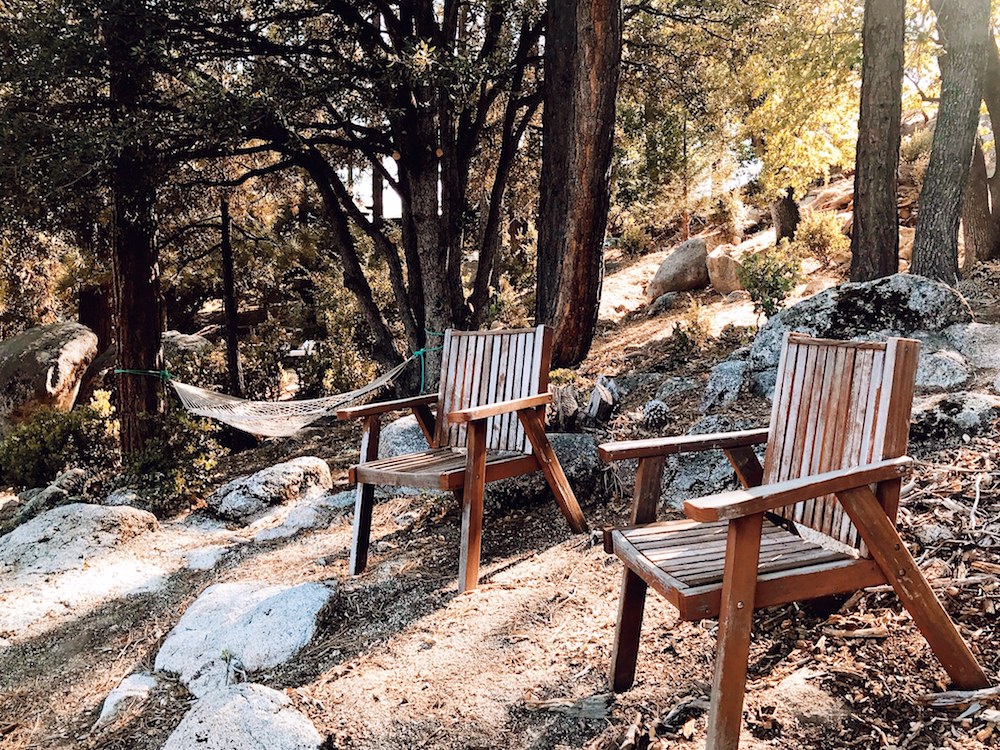 All photos shot at my favorite place to reconnect with myself and cultivate curiosity: Idyllwild, California.
All photos shot at my favorite place to reconnect with myself and cultivate curiosity: Idyllwild, California.
I have found the thoroughfare to the deepest relationships and personal health is cultivating curiosity. Rather consistently. This means activating inquiry instead of a fixed, or certain, or even dissociated state. Most of us are exceptionally busy, and yes of course, this is an integral reason why we are not tuned into our bodies, thoughts, feelings, and our surroundings. Yet, our busyness is often a smoke screen for the true culprit of disconnection. In modern society, most of us dissociate* (defined at the bottom) from our daily existence in order to tackle our to-dos, meet deadlines, and mostly to survive. To turn and face how we truly feel with awareness and acknowledgment might topple our already challenging and precariously managed lives. To inquire about our true experience and that of those around us might irrevocably disrupt our productive and possibly zombified state.
Notice I didn’t declare that a curious state necessarily leads straight to happiness. The profundity of your curiosity will often lead you to shadowy places as well as to untapped resources and unseen strengths. But none of these things will be revealed to you if you are not actively – and then eventually automatically – curious about yourself and your environment.
You might be curious – why curiosity? If so, I honor your inquiry. In all seriousness, think about the following examples – and furthermore, try curiosity in any one of these scenarios soon and register the outcomes (and please feel free to share with me).
- Your boss asks you to complete a project using a different approach. You are immediately irritated, because the way you do it has proven results, and they’ve even praised you for it. You are immediately annoyed, feeling your face grow a little hot and your nervous system fire, and you say you will get right on that project, but your standard way of completing it works just fine. Or, you pause, calmly say you look forward to the project, and ask why they would like for you to approach it differently. What do you think?
- Someone standing in line near you at the coffee shop is abrupt, either in words or in action, and you match them with irritation and shortness. Or, you get curious about why they ultimately are so frenzied and rude and let it pass without an external reaction. What do you think? When we match strangers or friends or family in their agitated states, well, you can guess; we then become agitated. Energy automatically feeds energy if we don’t cultivate a practice of curiosity and protection.
- Your best friend has a look in their eye and a tone of voice that tells you something is off. You casually ask how they are doing, and they match your casual tone saying things are fine. You: then get upset because you know they are lying to you, or you remain calm and present, curious about what it might be and tracking when it might be ok to probe a bit more or just be with them. ???
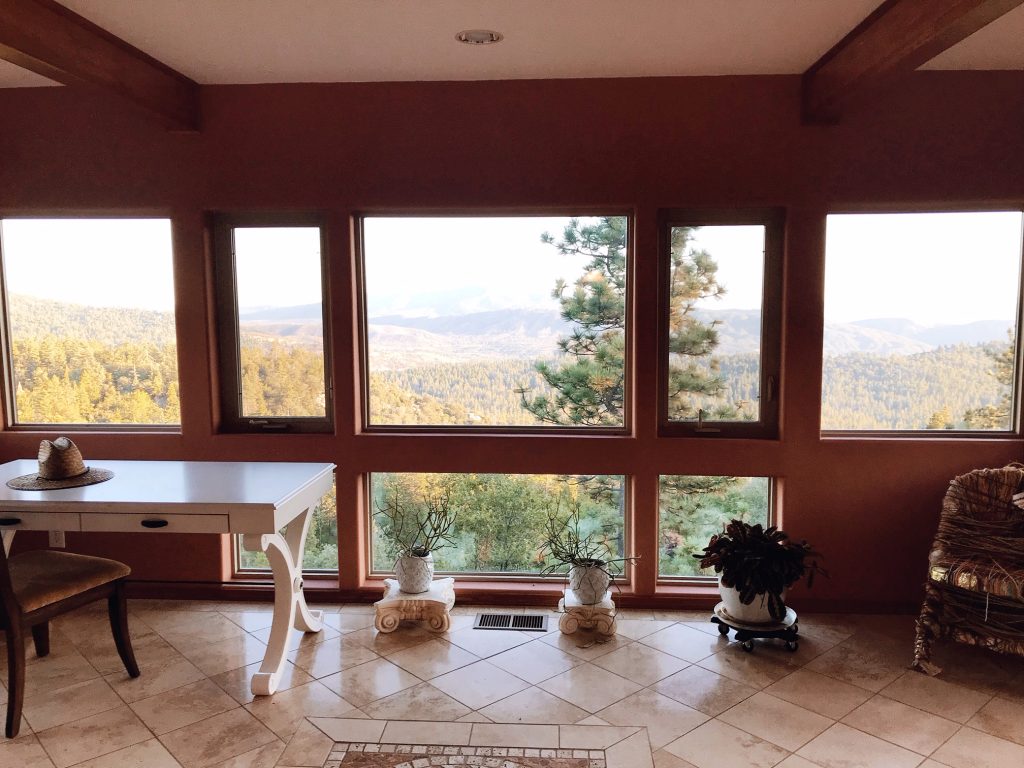
How many of these situations have you found yourself in repeatedly? Did your response arrive in the form of a knee-jerk reaction or a curious, thoughtful reply? Imagine a life in which you don’t always think you know what’s coming next or what the current experience of another is. In truth, this takes patience, and rest, and practice.
Some examples of cultivated curiosity:
- Shelf a sense of knowing for questioning. A know-it-all state is rarely productive
- When a rather powerful emotion takes hold of you – pause, not push away nor act out, and question the real reason it’s shown up
- When someone asks you why you’ve behaved a certain way, wonder the same before replying
- Take a pause before any potentially charged response – verbally or in writing. It creates enough space to not be reactive but rather curious about your true feelings and a truer state of the situation
- Notice your bodily sensations in reaction to external situations – they are automatic signals. Ask what they are trying to convey
I admit – much of my discovery of the gift that is the curious state comes from my therapeutic work. Yet, it was a gift I gave myself, too. Time and time again, I recognized that entering a group or individual session with a sense of “knowing” what was underneath the surface of a behavior or statement would mostly interrupt the work we were doing. If I had a hypothesis in the back of my head but led with curiosity, we continued as collaborators. How often this became true in my personal life as well helped push me to enter even more states of curiosity. I realized how much my ‘knowing’, whether fiction or truth, did not deepen my relationships if I did not become curious first.
Curiosity is also one of our strongest allies in aiding our own healing processes, and we can be the strongest agitator of our own mending. How will we ever know what truly ails us, and how will we ever heal if we’re not curious?
“Recognizing and identifying our suffering is like the work of a doctor diagnosing an illness. He or she says, “If I press here, does it hurt? And we say, “Yes, this is my suffering. This has come to be.” The wounds in our heart become the object of our meditation. We show them to our doctor, and we show them to the Buddha., which means we show them to ourselves. Our suffering is us, and we need to treat it with kindness and nonviolence. We need to embrace our fear, hatred, anguish, and anger. “My dear suffering, I know you are there. I am here for you, and I will take care of you.” – Thich Nhat Hanh, The Heart of the Buddha’s Teaching
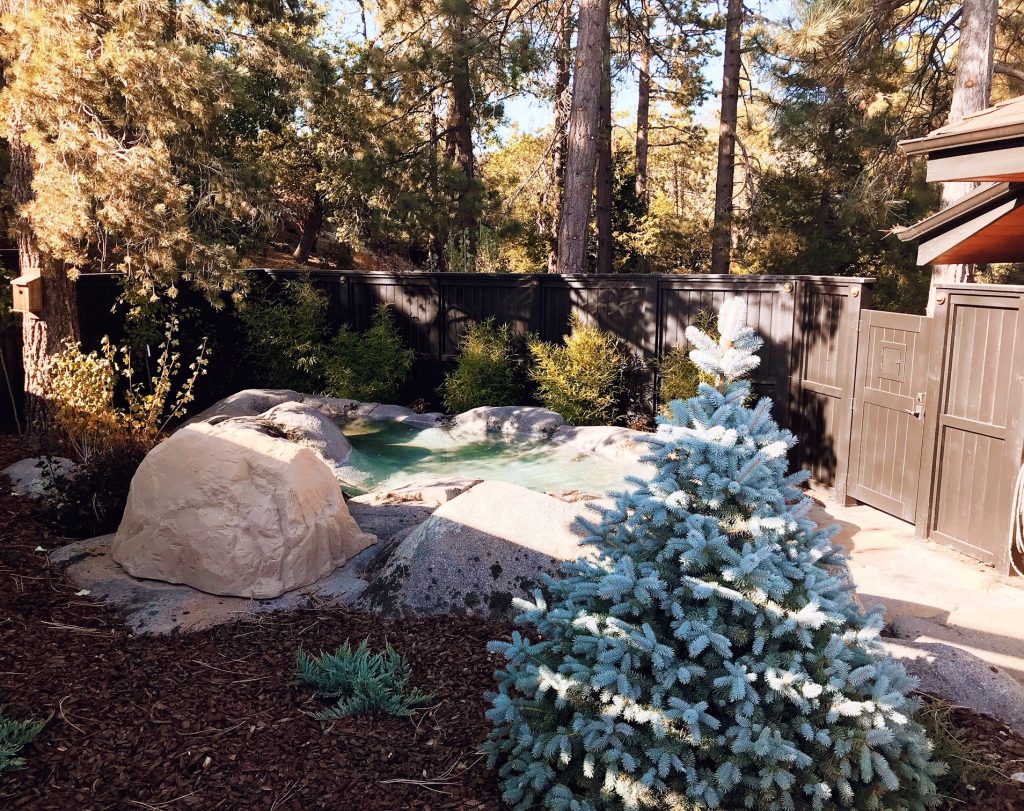
What can change when you become curious:
- Personal relationships and the depths of your conversations
- Work relationships and interpersonal stress at work
- You change – your reactions, your beliefs, even your nervous system responses
- The world around us looks different, less limited
This week, look for three opportunities to engage your curiosity instead of assumptions, and notice the outcomes in comparison to past experiences.
*Dissociation is defined as a mental process of disconnecting from one’s thoughts, feelings, memories, or a sense of identity, and it is also a psychological experience in which people feel disconnected from their sensory experience, sense of self, or personal history. It shows up very prominently in the physical body and in actions and mannerisms and overall personal energy. Dissociation is generally thought to be a response to a trauma or traumas. Some states of dissociation require medical/therapeutic assistance, such as depersonalization-derealization disorder, dissociative identity disorder, and dissociative amnesia. If you feel as though you are dissociated often and in need of assistance, there are many resources to locate someone to help, including Psychology Today, SAMHSA, or your local hospital.*

